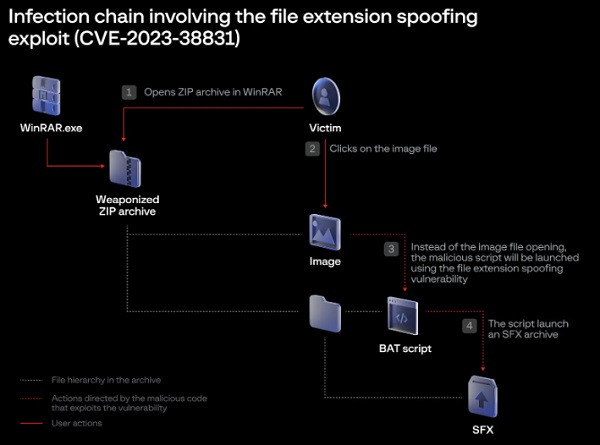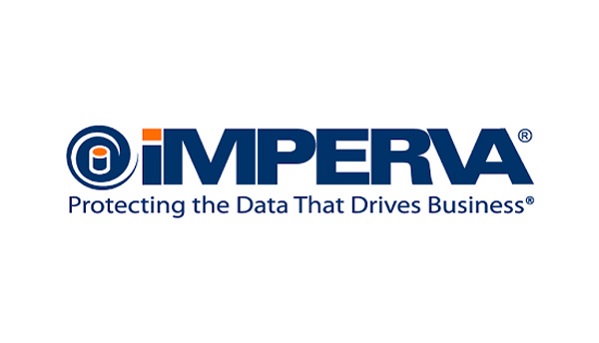All you need to know about Universal Data Permission Scanner
Data privacy and security have become key concerns as corporations continue to gather and retain massive quantities of data. One of the most significant issues that organisations confront is data authorization blind spots, which relate to the inability to keep track of all data access rights provided to users across many systems and apps.
To solve this issue, the Universal Data Permissions Scanner (UDPS) is a new open-source programme. The UDPS is a simple tool that scans and analyses all data access rights across an organization’s systems and apps to detect possible vulnerabilities or unauthorised access.
How Does UDPS Function?
The UDPS programme collects data about user access rights from different sources, including Active Directory, LDAP, and other authorization systems, by scanning an organization’s whole network. This data is then aggregated and presented in an easy-to-understand format, allowing administrators to rapidly discover any possible weaknesses or unauthorised access.

The UDPS tool is intended to be very adaptable and adjustable, allowing administrators to tailor it to their individual requirements. Administrators, for example, can set the tool to scan just specified systems or apps, or to check for specific sorts of data access rights, such as read-only or write-access.
The Advantages of Using UDPS
Organisations can get various advantages by utilising the UDPS technology, including:
- Enhanced Data Security: UDPS assists organisations in identifying data permission gaps, allowing them to take proactive steps to avoid unauthorised access and data breaches.
- Compliance: By detecting possible vulnerabilities and taking remedial action to ensure data is only accessed by authorised users, the tool assists organisations in complying with data privacy rules.
- Efficiency: The UDPS tool is incredibly efficient and flexible, allowing administrators to scan and analyse enormous volumes of data access rights data across several systems and apps in a matter of minutes.
- Cost-effective: Because the UDPS tool is open source, organisations may use it for free, saving money on costly commercial data access authorization scanning solutions.
As the quantity of data gathered and held by organisations grows, it is critical to guarantee that data is accessible only by authorised individuals. The Universal Data Permissions Scanner is an amazing tool that may assist organisations in overcoming data authorization blind spots and improving data security. The UDPS tool is a good investment for any organisation that values data privacy and security because of its flexibility, efficiency, and cost-effectiveness.
See more: Hackers Spotted Using PingPull Linux Variant in Cyberattacks
See more: ViperSoftX Uses Advanced Techniques to Avoid Detection
Author: Abhisek Prasad Rath
We hope you found article interesting. For more exclusive content follow us on Facebook, Twitter and LinkedIn






